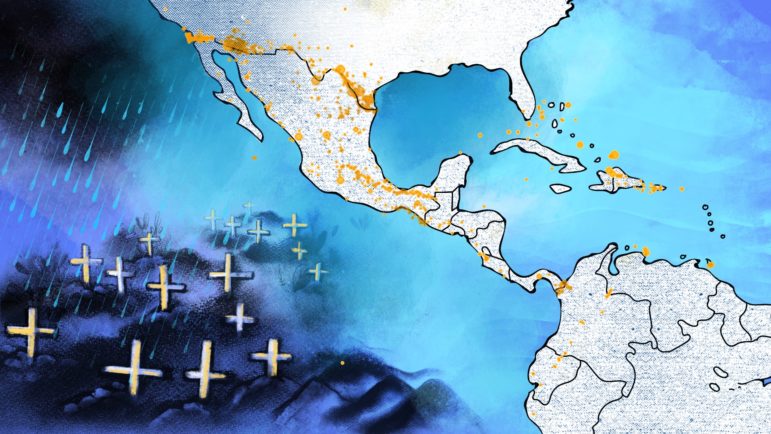Resource
Remote Sensing and Data Tools for Environmental Investigations
This edition of the GIJN Toolbox explores global databases and remote sensing resources that reporters can use to investigate local environmental threats.
This edition of the GIJN Toolbox explores global databases and remote sensing resources that reporters can use to investigate local environmental threats.

Journalist Rachel Chitra used news reports to build a database on hate crimes and violence in India. Here she gives tips for reporters facing a data gap, and offers lessons learned from her research about how journalists can reliably step in to gather, clean, and publish data when the government fails to keep track of important information.
Whether investigating human rights abuses, money laundering, or even public officials’ conflicts of interests, reporters are increasingly developing their own databases for investigative projects. Here are a series of tips drawn from the experiences of a number of international journalists and from the author’s personal experience gathering and creating data sets for investigative stories.

In the project Migrantes de otro mundo — Migrants from Another World — a team of more than 40 journalists in more than a dozen countries decided to collaborate to tell the untold story of the migrants from Asia and Africa who travel through Latin America each year. As the creators of the project put it: “By its wandering nature, migration is a story that can only be properly told through collaboration.”

Our NodeXL #ddj mapping from June 22 to 28 finds The New York Times analyzing travel patterns and genetic data to show how the disease spread across the United States, and the impact it has had on nursing homes and elderly care facilities. The Washington Post is responding to the increasing importance of visual data communication by expanding its data and graphics team, and the Pulitzer Center is calling for data journalism story proposals.

Search engines only show a small fraction of the content that is actually available online. Leonie Kijewski highlights four tips on finding databases that can give you all the info that Google won’t, based on journalist Albrecht Ude’s presentation at the recent Global Investigative Journalism Conference in Hamburg.

After NJ Advance Media spent lots of time and money to find and clean up data for a police accountability project, it decided to sell this data, while still keeping its database free to the public. Reporter Stephen Stirling tells OpenNews’s Erika Owens how this works.

What’s the global data journalism community tweeting about this week? Our NodeXL #ddj mapping from May 6 to 12 finds @SteveFranconeri’s chart chooser based on data formats instead of visualization functions, @daswasfehlt’s examination of Austrian politicians’ weak email passwords in the wake of a major data leak, @NZZ’s look at whether wolves are really a nuisance in Switzerland and @wihbey’s research into the data competence and partisanship of journalists.

After a landmark New Jersey supreme court ruling made police use-of-force reports fully available to the public, NJ Advance Media decided to dig in. They fought tooth and nail to get their hands on the reports and create the United States’ most comprehensive statewide database on this issue.
The Global Investigative Journalism Network is pleased to announce that it is now offering its members an exclusive arrangement with leading global data and analytics company LexisNexis. GIJN members will now have access to one of the world’s largest electronic databases for legal and public records-related information, and for news and business information.